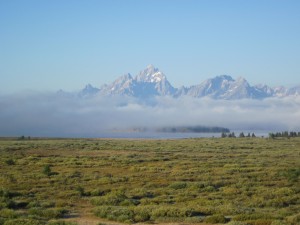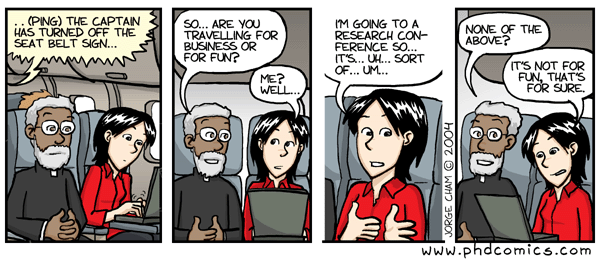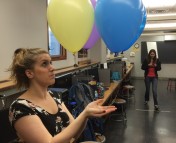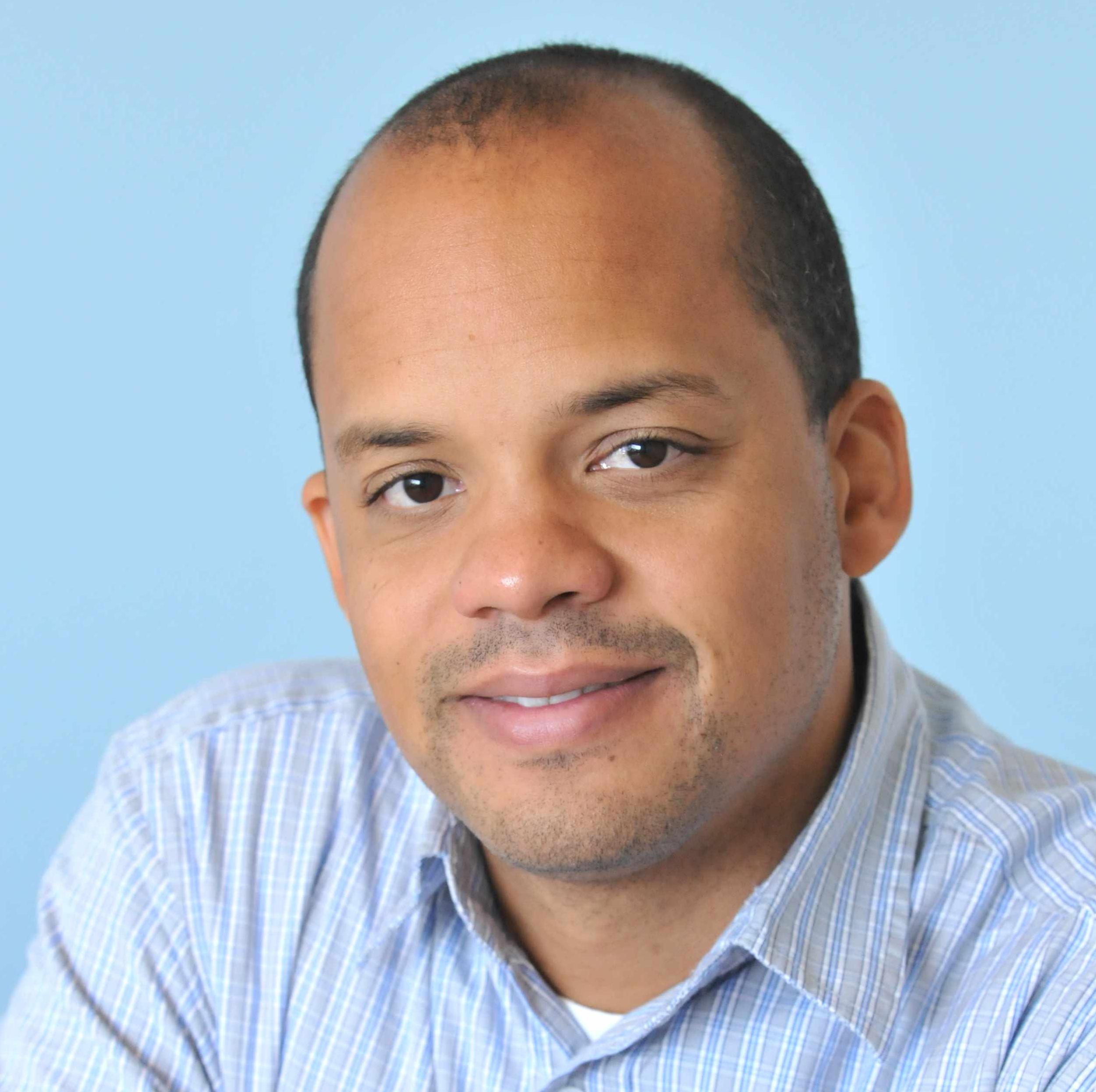Last month I attended my first conference as a graduate student — I went to Extreme Solar Systems II (joined by my fellow Astrobites authors Courtney, Ellie, Lauren, and Sukrit). I learned a lot about what to do (and what not to do!) from my experiences during the conference.
Ahead of Time:
Make a great poster. There are always more posters to read than time available to read all of them, so it’s key to make your poster look interesting and approachable. Use plenty of pictures and minimal text. One of my officemates sent me a link to betterposters.blogspot.com, a blog that specializes in making great scientific posters. Maybe this goes without saying for a first conference, but don’t just print out your latest paper or powerpoint presentation as your “poster” — everyone will ignore it.
Include all collaborators. Double check the list of authors on your poster with your advisor to make sure no one gets forgotten. (This sounds obvious, but I left someone off the list who should have been on it. Learn from my mistake and double triple check!).
Make a list of people to meet. Before the conference (well, I did it on the first day in some slow-moving talks) look through the list of everyone attending the conference. Make a list of people you’d like to make sure you meet: include collaborators you haven’t met before, authors of papers you reference in your own research, and anyone else close to your own subfield.
Think about what questions people will ask. I wish that before the conference, I had spent time thinking about what questions scientists would ask me — both inside and outside my subfield. Some might surprise you — I was thrown off the first day by questions I had never considered before. Your adviser, a postdoc, or an older graduate student probably has a great sense of what topics everyone will find most interesting, and you’ll be a little better prepared to present your research.
While you’re there:
Meet everyone you can. The primary reason to attend conferences early in your career is to meet people in your field of astrophysics. This step is of course easier said than done — it’s usually fairly easy to approach other graduate students, but it can be incredibly intimidating to walk up to someone much more senior than you and introduce yourself. Here are some ideas that can make it a little easier:
- Bug
your friendseveryone you know to introduce you. If your adviser is there, he or she will probably introduce you to people. Definitely take advantage of this! My adviser couldn’t make it to this conference, so I couldn’t fall back on this option. Instead, I started by asking my friends to introduce me to their advisers and collaborators. By the end of the meeting, I had met everyone I wanted to meet. - Come up with a question ahead of time. I had the following awkward experience occasionally: My friend would introduce me to their postdoc or professor, we’d exchange pleasantries, and then there would be a long pause because I hadn’t thought of any questions or ideas ahead of time. To avoid this long pause, it helps to come with a question — maybe about their talk or a recent paper — especially if you’d like to make a good first impression. If they have a poster there, ask them to show you their poster; ask if they’d like to come and look at your poster some time.
- Try to remember names. Remembering names is very important; it makes a good impression, plus you can look them up later. Here, you have a head start because you’ve probably read some names before on an author list and they are probably wearing name tags. Some great tips for remembering names are here.
Practice your poster talk during the first poster session to some friends. Your conference will have some designated time for poster viewing. This time might be called a “coffee break,” but it is not a break at all. This is the time to sell yourself and your research. People will understand and remember you if you can give a good 1-2 minute “elevator talk” about your research. I didn’t even think to practice this part beforehand, but dragged a few friends over during the second poster session. After you’ve run through it out loud to friends who don’t make you nervous, you’ll have a lot more confidence when other people start asking you questions!
Stand near your poster. People will be much more likely to remember you if they talk to you. I found it awkward to just stand at my poster waiting for people to come up to me. Instead I stood nearby (reading other posters) and then when someone walked up to my poster, I walked up to them and introduced myself.
Talk about why your research is interesting. Spend at least half the time when you’re talking about your research explaining why it’s interesting instead trying to explain your methods and other details. You want other scientists to walk away with an understanding of what problem you’re trying to solve and the progress you’ve made in solving it — and how it might fit into their own research. Try to avoid jargon unless someone throws questions with jargon at you first.
Enjoy yourself!
You’re probably in a nice location surrounded by people you have a lot in common with. Your fellow students will be your colleagues for the rest of your life, so it’s great to get to know some of them (beyond their papers!). See the sights, drink a beer, and relax a little at the end of the day.







Really nice write up, thanks a lot!
Thanks Caroline! I’ve been to a conference, but in a couple weeks I’ll be presenting a poster for the first time, and this advice is really helpful!
Thanks for the excellent poster link and tips. I’m attending the SACNAS conference this weekend, so this is great timing!
Thank you so much ^^
After two weeks I will attend my first conference!
your advice is very valuable!